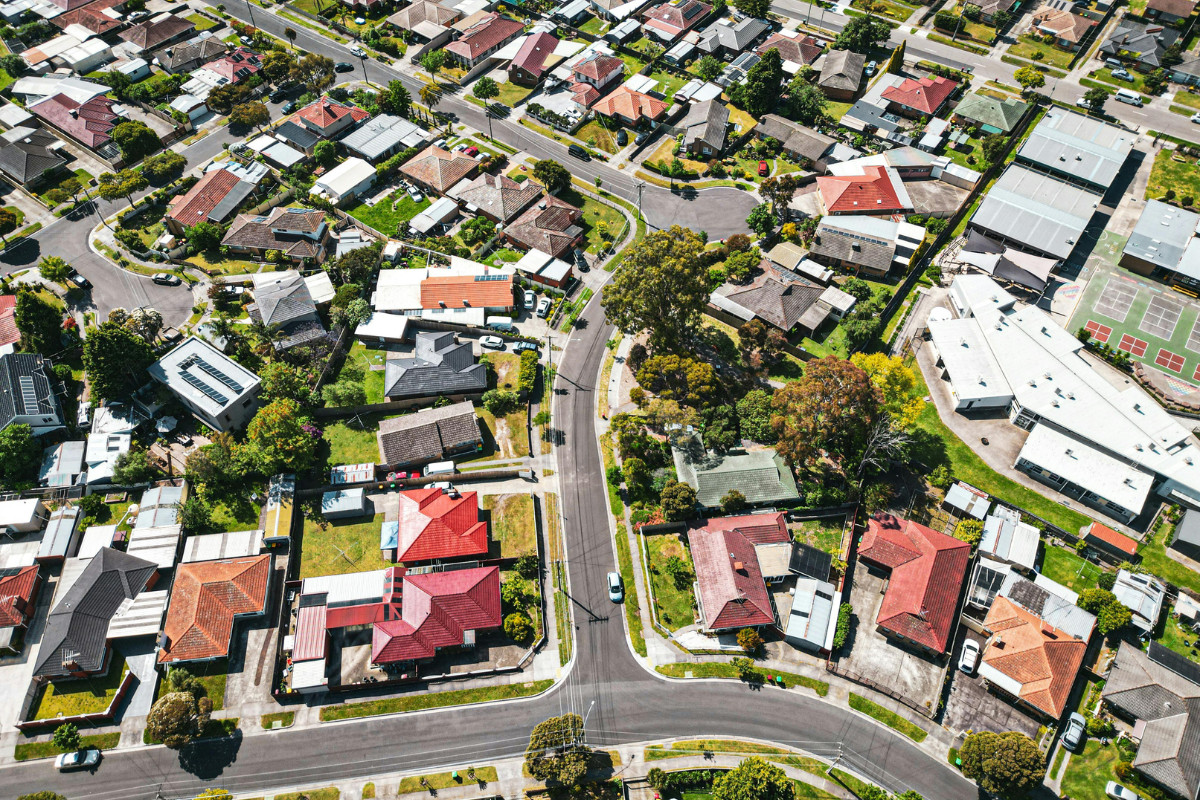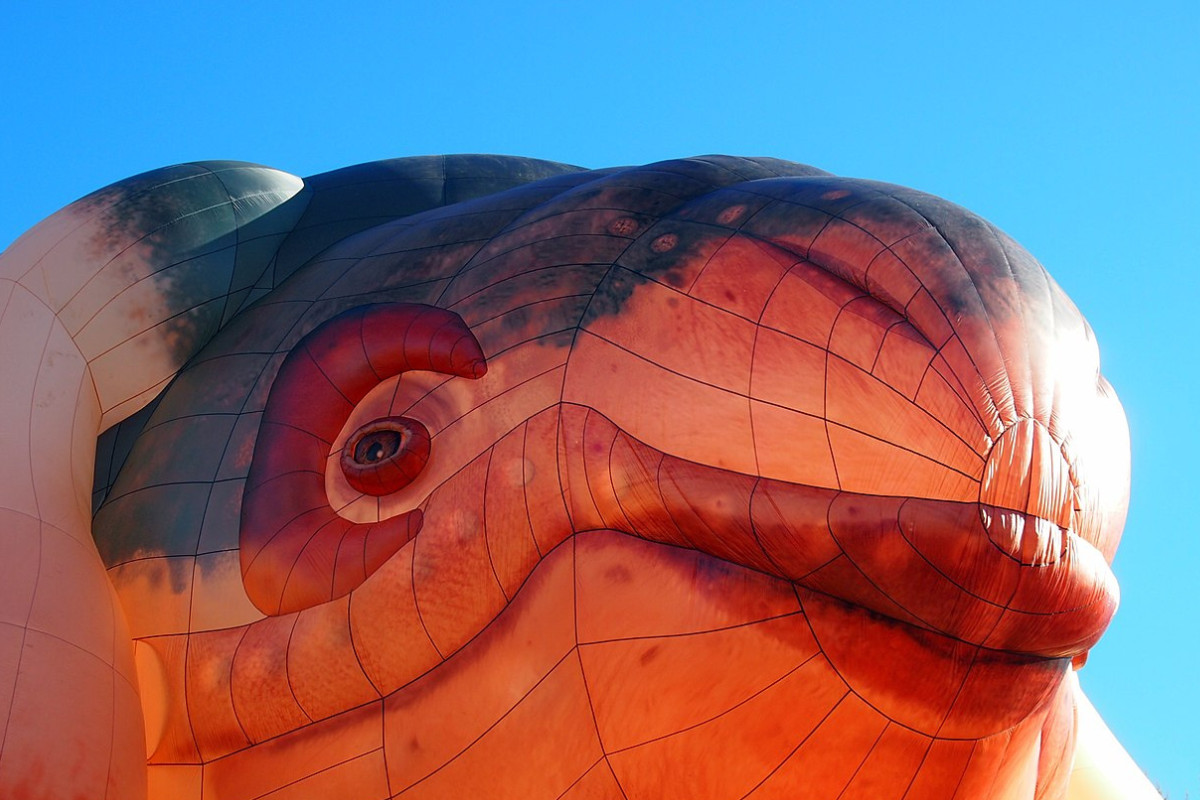
The Academy’s new Fellows represent those who have left an indelible mark on their field, and a groundbreaking contribution to our understanding of societies and cultures. Election to the Academy is the highest honour within the humanities in Australia.
President of the Academy Professor Stephen Garton AM FAHA FRAHS FASSA FRSN said, ‘Each of our Fellows are working at the forefront of issues of national and international importance and exemplify why ethical, historical, creative and cultural knowledge and expertise is critical to better decision making for a resilient society.’
‘Australia is facing a multitude of complex and vexed issues. Hard issues do not have black and white answers, and the humanities are critical for understanding how individuals shape and are shaped by broader social, cultural and scientific contexts. Solutions to contemporary problems require a deep understanding of these perspectives and knowledges.’
‘Fellows elected today are exemplary leaders working in critical spaces where Australia needs to be — building our understanding of Asia and the Pacific, truth-telling and shedding light on a shared history and shaping our national artistic and cultural identity.’
Five researchers were elected as Corresponding Fellows with expertise in digital humanities, Islamic Studies, Asian Studies, and linguistics, who will link the Academy to new opportunities for collaboration across the United States, Germany, the United Kingdom, Taiwan and China.
Seven Honorary Fellows were also elected, and include visual artists, award-winning poets, art leaders and human rights activists.
The Australian Academy of the Humanities is one of Australia’s five Learned Academies — independent organisations established to encourage excellence in their respective fields and to provide expertise and advice at public, institutional and government levels.
The 2024 Fellows are:
Professor Rachel Ankeny FASSA- University of Adelaide
An outstanding interdisciplinary scholar, Professor Ankeny weaves philosophy and history of the biomedical and biological sciences, bioethics, and science policy and practice.
Professor Brydie-Leigh Bartleet – Griffith University
An Australian Research Council Future Fellow and world-leading expert in community music, Professor Barleet has led world-first research in how communal music making can facilitate greater equity, inclusion and wellbeing.
Professor Monika Bednarek – University of Sydney
Internationally renowned for her research on media, film and television, Professor Bednarek’s research focuses on the role of evaluation, characterization and identity and emotion in different types of talk and discourse.
Dr Anthony (Tony) Birch – University of Melbourne
Dr Tony Birch is the current Boisbouvier Chair in Australian Literature at the University of Melbourne. He is a prolific and award-winning Aboriginal writer whose publications have significantly influenced understanding of Australia’s shared history. Professor Birch was elected to the Academy in 2022 as an Honorary Fellow.
Professor Adam Brumm – Griffith University
Professor Brumm has made enormous contribution to the archaeology of Southeast Asia and Australia, notably on how ancient humans interacted with animals across wider Australasia and the origin and development of art and human symbolic expression.
Associate Professor Emma Christopher – UNSW
Associate Professor Christopher is an outstanding scholar of slavery, its transnational histories and its contemporary traces, and a four-time award winning filmmaker.
Professor Chris Clarkson – University of Queensland
A leading archaeologist who studies early Aboriginal occupation sites from Australia, the majority of Professor Chris Clarkson research focuses on the 65,000-year-old site of Madjedbebe in the Northern Territory.
Professor Melissa Crouch – UNSW
Professor Melissa Crouch is a socio-legal scholar of Indonesia and Myanmar/Burma whose work has played an important role in integrating the socio-legal study of Southeast Asia into the broader Humanities endeavour.
Professor Chris Danta – Australian National University
An internationally recognised literary historian, literary theorist and specialist in comparative literature, Professor Chris Danta is currently the is Professor of Literature in the ANU College of Engineering, Computing and Cybernetics.
Associate Professor Guy Davidson – University of Wollongong
A recognised scholar of American literature and queer literary studies, Associate Professor Guy Davidson’s award-winning research lies at the intersection of literature and sexuality, with a particular focus on consumer capitalism and celebrity culture.
Scientia Professor Dennis Del Favero – UNSW
Professor Del Favero has been at the international forefront of research into complex immersive environments in the context of art, film, music, opera and theatre experimentation for decades, and is currently an ARC Laureate Fellow.
Professor Alison Downham Moore – Western Sydney University
Professor Alison Downham Moore has made an outstanding contribution to the histories of medicine, sexuality and gender, especially in the area of French history.
Professor Pat Dudgeon AM – University of Western Australia
Professor Pat Dudgeon AM is a Bardi woman from the Kimberley. She has played a leading role in the development of Indigenous Studies, through her influential research on Aboriginal and Torres Strait Islander health and wellbeing.
Professor Gary Foley – Victoria University
Professor Gary Foley is a scholar, activist and advocate of Aboriginal rights and social justice. He has made a significant and distinctive contribution to the expression of political activism and Aboriginal rights in Australia as a scholar, writer, orator, curator, arts administrator and actor.
Associate Professor Linda Payi Ford – Charles Darwin University
Associate Professor Ford is a Rak Mak Mak Marranunggu woman, from Kurrindju, on the Finniss River, in the Northern Territory. Her internationally recognised research and expertise spans four decades across multiple disciplines.
Dr Geoffrey Gray – University of Queensland
Dr Geoffrey Gray has transformed our understanding of the history of Australian anthropology, the production of knowledge about Indigenous peoples, and the politics of racial thought.
Associate Professor Anna Halafoff – Deakin University
International expert in inter-religious studies and Buddhist studies, Associate Professor Anna Halafoff research focusses on religious diversity, and inter-religious and intercultural relations.
Distinguished Professor Larissa Hjorth – Royal Melbourne Institute of Technology
A renowned scholar of mobile technology, social and digital media, especially in Asia, Hjorth has led cultural studies of digital media, with pioneering work in gender, games, intimacies, death and grieving, intergenerational communication, visualities.
Associate Professor Patrick Jory – University of Queensland
A cultural and intellectual historian of Thailand and mainland Southeast Asia more broadly, Associate Professor Patrick Jory has closely examined the internal dynamics of Thai thinking about modernity in the modern period.
Professor Vrasidas Karalis — University of Sydney
Professor Vrasidas Karalis is the leading international scholar of Greek cinema. Original and comprehensive work of data collection, analysis and interpretation represents a ground-breaking justification of the importance of the Greek cinema to the history of European cinema.
Professor Fran Martin – University of Melbourne
Fran Martin is Professor of Cultural Studies in Melbourne University. Her path-setting research has made highly significant contributions to the field of Asia-related cultural studies, as well as a career-long specialisation in sexuality and gender studies in the context of globalisation.
Professor Julian Meyrick – Griffith University
Well-known nationally for championing the arts in culture, and esteemed internationally for his Australian theatre history and cultural policy publications, Professor Julian Meyrick is a distinguished academic and theatre director, currently Professor of Creative Arts at Griffith University.
Professor Brigitta Olubas – UNSW
Professor Brigitta Olubas is a leading scholar in Australian Literary Studies whose work focusses on expatriate and migrant writers and artists. Her critical monograph, Shirley Hazzard: Literary Expatriate and Cosmopolitan Humanist (2012) was the first full-length study of this important expatriate writer.
Professor Yin Paradies FASSA – Deakin University
Professor Paradies is an Aboriginal-Asian-Anglo Australian of the Wakaya people from the Gulf of Carpentaria. His internationally renowned research is cross-disciplinary, and includes research on Indigenous knowledges, decolonisation, and, most significantly, the health, social and economic effects of racism, especially against Aboriginal and Torres Strait Islander people.
Professor Tim Parkin – University of Melbourne
Professor Tim Parkin is a leading Roman social historian with a distinguished international reputation for his path-breaking work on the Roman life cycle and especially on Roman attitudes towards, and their treatment of, the elderly.
Professor Daryle Rigney – University of Technology Sydney
Professor Daryle Rigney’s academic and community work examines developments in Indigenous nation building and governance following colonisation. He is widely respected for his early leadership and continuing influence in both the academic appraisal and applied practices of repatriation.
Professor Jackie Leach Scully – UNSW
Jackie Leach Scully is Professor of Bioethics and Director of the Disability Innovation Institute at the University of New South Wales. Her research, influenced by feminist theory, investigates the socio-ethical impacts of technological innovation, especially for people with disability and other marginalised communities.
Professor Katie Steele – Australian National University
Professor Katie Steele works on theoretical and practical questions in decision theory. Her applied work has focused on, among other things, uncertainties in moral decision making and uncertainties in policy decisions that draw on inputs from various sciences.
Professor Marija Tabain – La Trobe University
Professor Marija Tabain is one of the world’s leading scholars in linguistic phonetics. She has made an outstanding contribution to the quantitative analysis of the phonetics and phonology of central Australian languages.
Corresponding Fellows
Corresponding Fellows are elected in recognition of their outstanding contribution in a humanities discipline, but do not usually reside in Australia.
Dr Nicholas Birns – New York University
Dr Nicholas Birns is the leading international scholar of Australian literary studies resident outside Australia.
Professor Jonathan Bollen – National Taiwan Normal University
Professor Jonathan Bollen is an internationally esteemed Australian scholar, renowned for expertise in digital humanities, data models, Australian drama, and popular performance.
Professor Jonathan Harrington – University of Munich
Professor Jonathan Harrington is Director of the Institute of Phonetics and Speech Processing at the Ludwig-Maximilians University in Munich, Germany.
Professor Raihan Ismail – St Antony’s College, Oxford University
Professor Raihan Ismail was appointed His Highness Sheikh Hamad Bin Khalifa Professor of Contemporary Islamic Studies in August 2023 at the University of Oxford.
Professor Charles Schencking – University of Hong Kong
Professor Charles Schencking is a leading, highly respected and productive historian of modern Japan with deep connections to the Australian scholarly community and strong interests in promoting the Humanities.
Honorary Fellows
Honorary Fellows are elected in recognition of their significant contribution to the Humanities and the arts, and to Australian cultural life.
Ms Patricia Anderson AO
Pat Anderson AO is an Alyawarre woman who has been a lifelong advocate for social justice and the self-determination of Indigenous Peoples.
Mr Michael Brand
Dr Michael Brand is a globally significant Australian-based museum leader, cultural manager and scholar in the field of South Asian Art History.
Professor Sarah Holland-Batt
Professor Sarah Holland-Batt is an outstanding poet and scholar whose creative output, research and advocacy has helped to shape contemporary Australian Poetry as a distinctive, sustainable creative sector.
Ms Dalisa Pigram
Dancer and Choreographer Dalisa Pigrim (Yawuru/Bardi) has made a distinguished contribution to Intercultural Indigenous performance as a distinct, socially-engaged critical practice of dance and theatre. Her principal contribution has been the generation of nationally and internationally mounted projects of the Broome and Sydney-based dance company, Marrugeku.
Stelarc
Stelarc, a Cyprus-born Australian performance artist of international esteem, works at the cutting edge of extending the capabilities of the human body via art, science and technology. His focus on exploring and enhancing the body through ever-advancing technological aids, which is at the interface between human and computer technology, is the subject of national and international analysis and admiration.
Ms Rachael Swain
Theatre Director/Dramaturg Rachael Swain has made a distinguished contribution to Intercultural Indigenous performance as a distinct, socially-engaged critical practice of theatre and dance. Her principal contribution has been the creation and growth of the nationally and internationally mounted projects of the Broome and Sydney-based dance company, Marrugeku.
Mr Gary Williams
Gary Williams a renowned Gumbaynggirr/Bundjalung Aboriginal man and activist, student, actor, radio announcer, and Aboriginal language restoration leader. Gary Williams has featured in every major Aboriginal political action since the 1960s including the 1965 Freedom Ride, 1967 Referendum, and the 1972 Aboriginal Tent Embassy.



